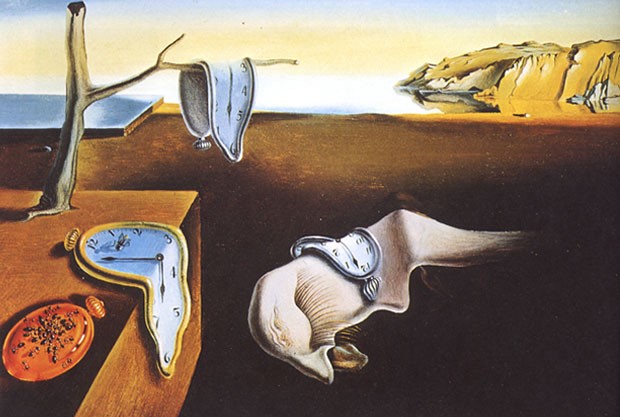Thank you, Robin Pickering, for a great question! Hopefully this helps…
This question seems to have three major dimensions. The first is mainly about what would happen if you went back in time regardless of your wrongdoing. The second is about how we define your responsibility for your wrongdoing – what we need in order to claim that you are responsible. And the third is about what we understand by the word ‘convicted’.
Starting with the third dimension: If we keep to the legal definition of ‘conviction’, we would need objective evidence of your crime in order to convict you, right? If I go to a police officer and declare that I have committed a murder, yet the victim is still alive as I did it in 2035, what would be the legal basis for my conviction, apart from misleading a state official? Adding some moral responsibility into the mix, we may reformulate the question as follows: If I committed a crime but then travelled back in time, would I still be blameworthy?
Time-travelling is itself a tricky concept. Suppose that you travelled back in time and murdered your own grandfather before your parent was conceived. If the victim was really your grandfather, then there is no possible way to explain your own existence – given that he is dead and thus unable to have children. But, if you never existed, then obviously you would never have been able to kill him. This is a major paradox. One possible solution is to assume the existence of parallel universes, realities, or timelines. You would thus ‘travel back in time’ by travelling to an alternate timeline, where (or when) you could instead murder your alternate grandfather. This would not then threaten your own existence.
Let us now return to your question. You have travelled back in time after committing a crime. You are in the past, and this does not lead to a logical contradiction. You committed a crime in the future, so there is no objective evidence for your crime, and hence no legal consequences. Are you still responsible for what you did? If a requirement for moral responsibility is actual consequences to be responsible for, then this requirement could not be met; you are in the past and so your wrongdoing has not yet resulted in any consequences. But, if we assume that moral responsibility should be built upon one’s will and intentions, it seems possible to argue that you are nonetheless responsible for your crime.
At any rate, no need to panic; they will never be able to prove it!
What do you think? Could you escape conviction be fleeing to the past? Let us know in the comments.
And, as always, if you have a question for the Armchair Philosophers, don’t hesitate to get in touch. You could send us a message or fill in this form.
Image: The Persistence of Memory, by Salvador Dali (1931
I got my BA and MA degrees in Philosophy at Boğaziçi University, Istanbul. Currently I am a third year PhD student and a full-time research assistant in the same department. I am mostly interested in normative ethics with a special focus on rule-consequentialism. I am most amazed by David Hume's and Immanuel Kant's ideas; for me, these two philosophers dealt with many philosophically meaningful questions that are still relevant today.

